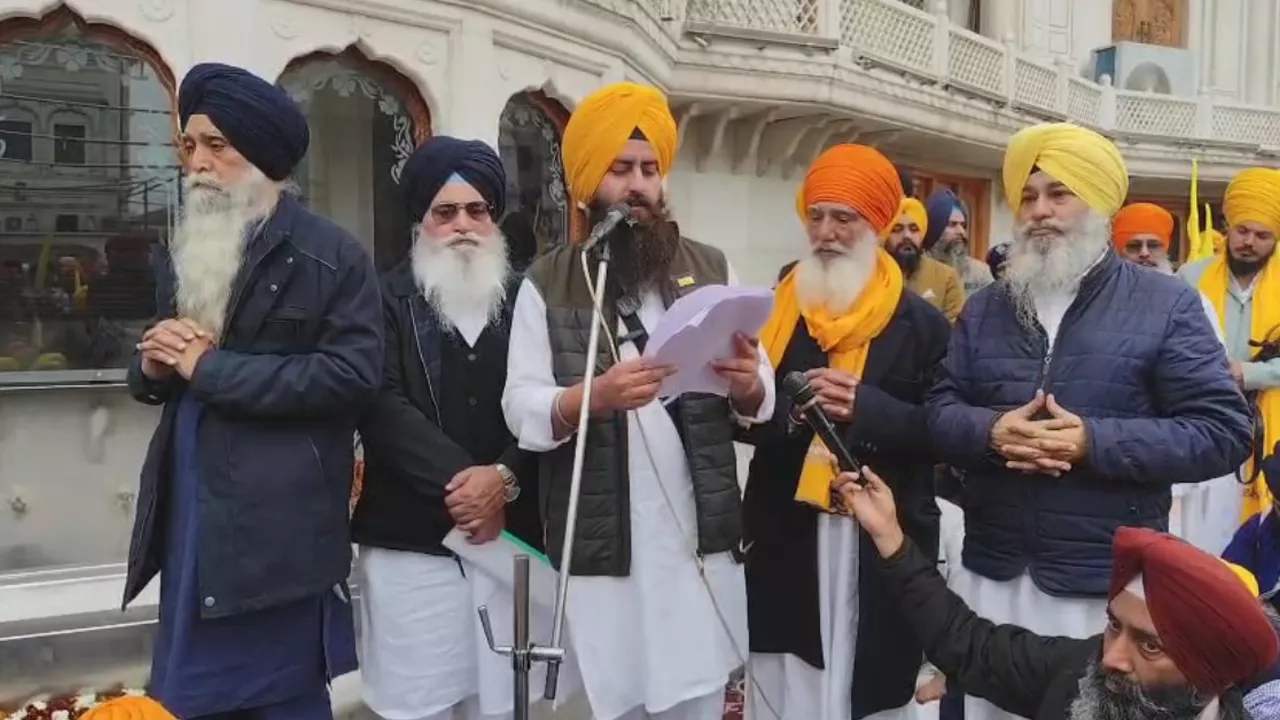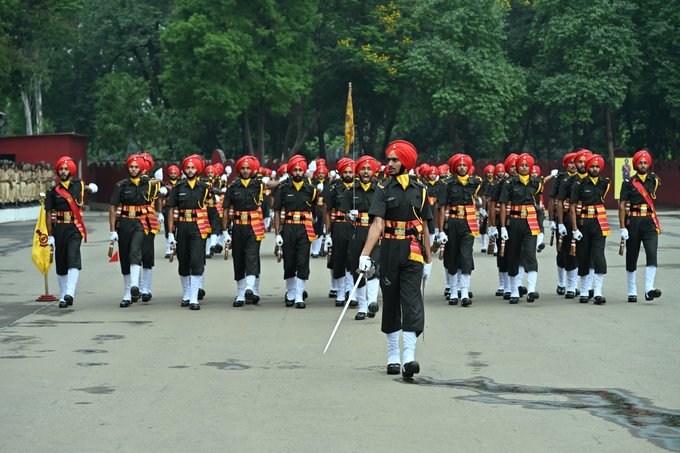Every four to five years, member nations of the United Nations Human Rights Council (UNHRC) undergo a peer review in a process called the Universal Periodic Review (UPR). At Canada’s recent UPR, Indian diplomat Mohammed Hussain made three recommendations: prevent misuse of freedom of expression; end structural discrimination against children belonging to Indigenous groups; address disparities in access to services by all children. While the latter two are well-known issues, India’s call for Canada to restrict freedom of expression of its citizens in cases where that expression is perceived to be anti-India does not fit with western emphasis on freedoms. In the UK too, Indian foreign minister S Jaishankar raised concerns regarding pro-Khalistan extremism and urged the country’s leaders to be on guard over the misuse of freedom of expression and speech. This has led Britain's Sikh community to appeal for help to address long-term issues such as racism and a lack of representation in politics and culture. Despite official figures showing a 169% rise in attacks on Sikhs in 2021-22, there is no approved definition for anti-Sikh hate crimes in the UK. Jaishankar and British PM Rishi Sunak reviewed the implementation of Roadmap 2030 and discussed the India-UK Free Trade Agreement (FTA). While the UK is keen on developing trade relations with India, on the sidelines of the Asia-Pacific Economic Cooperation summit in San Francisco, Canadian trade minister Mary Ng said the country won’t resume trade talks with India ‘unless the Modi government cooperates in the Nijjar killing probe.’


Like what you're reading? Subscribe to our top stories.
Liv Forum provides a digest of analysis on major issues facing Indian (East) Panjab and Sikhs globally.
In accordance with our Privacy Policy, we will never share or sell the information of our subscribers.






